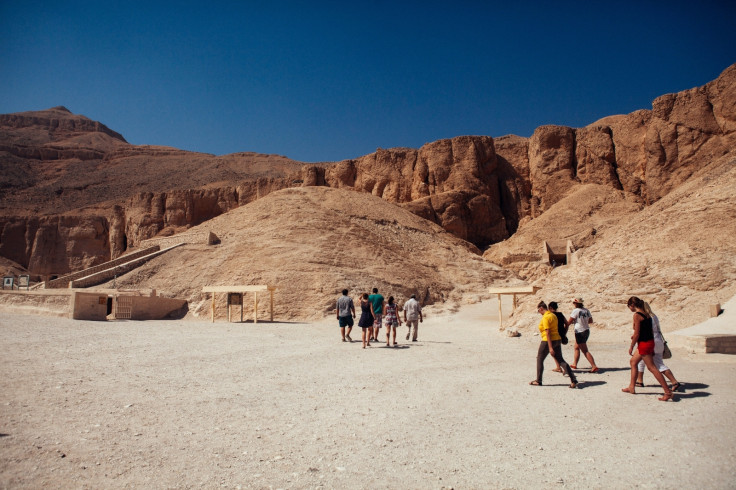Discovery of 7000-year-old Egyptian city could shed light on Nile Valley's earliest civilisations
Archaeologists believe the site in the southern province of Sohag dates back to the time of the First Dynasty.

Archaeologists in Egypt have discovered the ruins of an ancient city and an adjoining cemetery that date back 7000 years to 5,316 BCE. According to a statement by the antiquities ministry, the site can be traced back to Egypt's First Dynasty.
The find was made in the province of Sohag, and is situated 400 meters away from the King Seti I Temple at Abydos city, Egypt Independent reported.
Remains of huts, stone tools and pottery were found, indicating that the residential city supplied the labour force which would have been used for the construction of royal tombs. The cemetery featured 15 large graves which according to Hany Aboul Azm, the head of the Central Administration of Upper Egypt Antiquities, could have belonged to high-ranking officials.
The discovery is of particular significance because it could provide insight on Abydos, one of ancient Egypt's oldest cities. Based on earlier research, Abydos is considered to have been the capital of ancient Egypt towards the end of the Predynastic Period — the time before recorded history from the Paleolithic to the Neolithic Age.
"The size of the graves discovered in the cemetery is larger in some instances than royal graves in Abydos dating back to the First Dynasty, which proves the importance of the people buried there and their high social standing during this early era of ancient Egyptian history," the ministry said.
According to Yasser Mahmoud Hussein who led the archaeological mission, the graves are distinguished by multiple 'mastabas' — a type of ancient Egyptian tomb made of mud brick. They are rectangular in shape and feature sloping sides and a flat roof.
Mahmoud Afify, the head of the Egyptian Antiquities Sector said he was pleased that the discovery was made by an Egyptian team and not an international one.





















